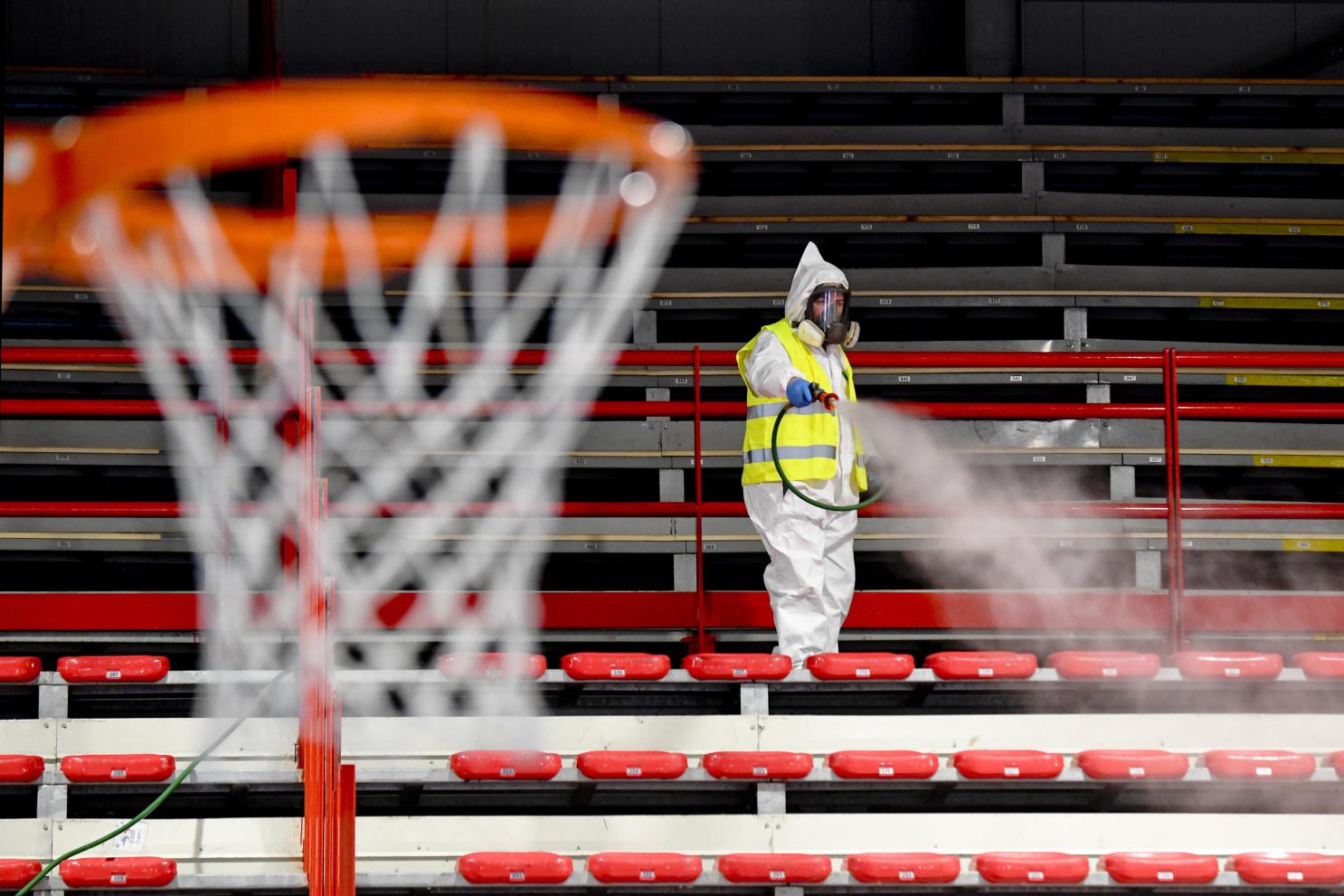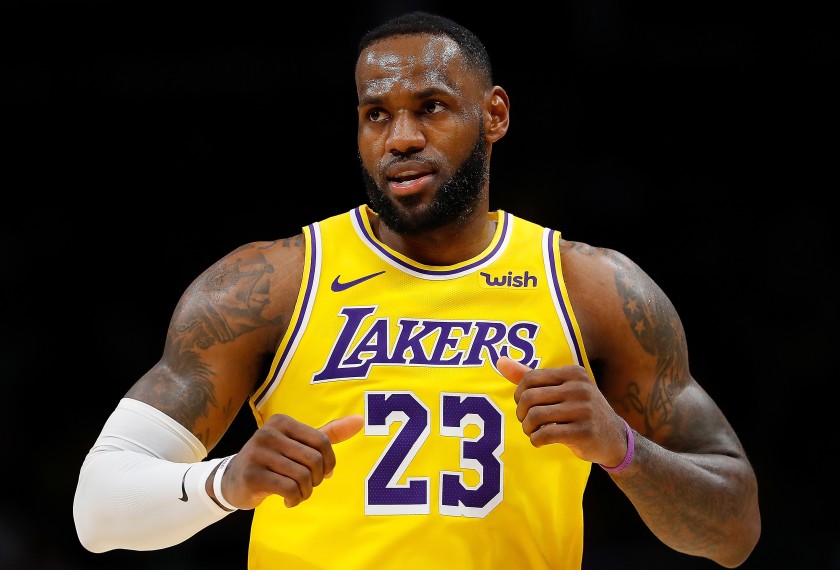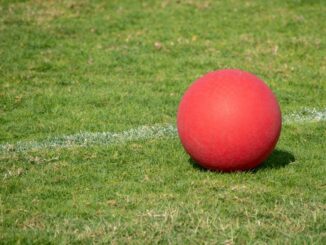
Right now at colleges and universities across the country, a giant science experiment is being conducted. What they are attempting to prove is that it is safe for student-athletes to return to school, practice and train together so they will be ready to play football come fall.
The theory is that if schools can prevent athletes from getting sick during these “voluntary” (meaning no coaches present) workouts, they will have the tools and best practices in place for when the real workouts begin (with coaches) in August.
It remains to be seen whether programs will be successful in this endeavor. Currently there is lots of evidence that their plan may not be good enough.
Around the country, schools are testing their athletes and discovering that football players are still testing positive in spite of everyone’s best efforts (more on that later).
The best example is Kansas State. As many news outlets have reported, K-State brought football players back for voluntary workouts in early June. Now that many of the players have tested positive, the school has suspended all student workouts and training. They are hoping to resume sometime in July.
The longer-term implication is that if colleges can’t keep players healthy during limited practices with no coaches and no tackling or other physical contact, how are they going to keep entire teams of more than 100 players, plus coaches and other staff, healthy when it comes time for tackling and actual games?
It certainly doesn’t bode well for having a college football season this fall.
Another example is LSU, the reigning national champions. They have almost the same story as KSU. Football players returned in June for voluntary workouts, and many have since tested positive. The wrinkle at LSU is that players have admitted attending a crowded nightclub in Baton Rouge.
So shouldn’t we be blaming the players in this case for not practicing social distancing by going into a crowded nightclub?
Not exactly. We shouldn’t blame athletes for going out into crowded spaces when that’s exactly what lots of other people are doing. Perhaps if we had a more unified strategy in this country to educate people about best practices in a pandemic, that crowded nightclub wouldn’t have been open in the first place.
So where do we go from here?
We should demand that all colleges and universities have detailed plans in place for the health and safety of their students. We shouldn’t make players guinea pigs in a grand experiment to find out if money can indeed be made by going ahead with sporting events during these unprecedented times. These kids agreed to play football in exchange for a college scholarship, but none of them agreed to risk contracting a deadly virus along the way.
Let’s hope that schools are guided by outside medical professionals, and that they are making decisions based on health and not revenue.
It could be that what we are seeing right now at places like KSU and LSU are just the notable exceptions to a mostly healthy system in place at countless other schools. Adjustments can be made and new systems and rules put in place so that come August, they know exactly what to do when the locker rooms are at full capacity.
Everyone wants college football (and sports in general) to come back, just as we all want our lives to return to normal.
But the responsible thing is to allow sports to return only if we can guarantee the safety of players and others. Anything short of that would make a bad problem even worse.




